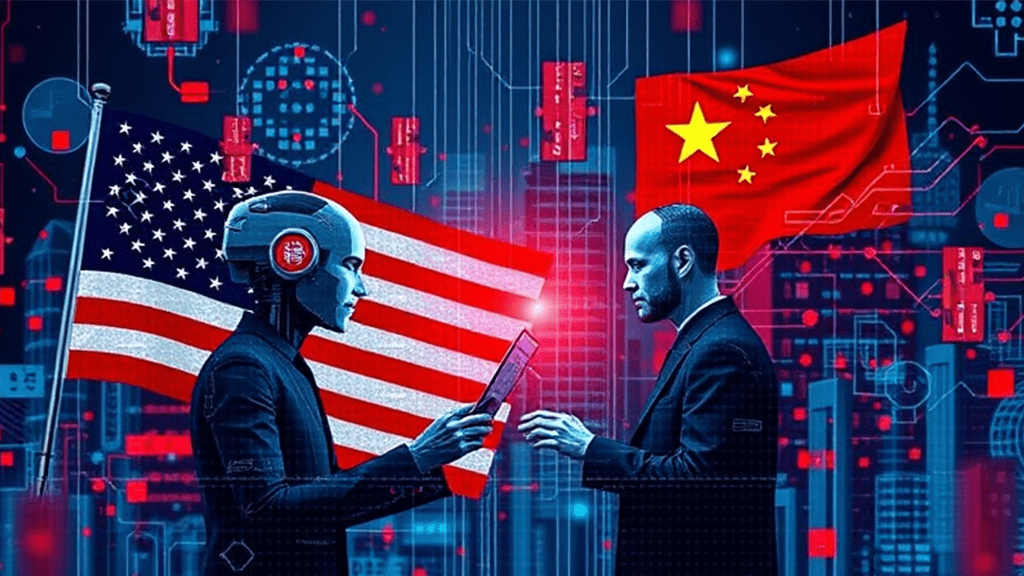- February 26, 2026 4:09 pm
- California

January 20, 2025: The United States has intensified its trade restrictions on Chinese technology companies, specifically targeting entities specializing in AI. This latest move involves the addition of multiple Chinese firms to the Commerce Department’s Entity List, citing concerns about national security and the potential misuse of AI technologies for military purposes.
Key companies affected include high-profile Chinese AI startups allegedly advancing China’s military capabilities. The blacklisting restricts their access to U.S. exports, including critical semiconductor technologies and software, which are essential for AI development. This action reflects growing tensions between the two superpowers over technological supremacy as both nations seek dominance in AI innovation and deployment.
The move is part of a broader U.S. strategy to curb China’s technological advancements and safeguard emerging technologies from being exploited for strategic or military use. Washington’s concerns are centered around AI’s dual-use nature, where technology designed for civilian purposes can also be repurposed for surveillance or weaponry.
China has strongly criticized the decision, accusing the U.S. of weaponizing trade policy and hindering fair competition. Beijing has vowed to take countermeasures, potentially targeting American companies operating in China, which could escalate the ongoing tech rivalry.
The restrictions highlight the global ramifications of the U.S.-China tech war, as they disrupt supply chains and force companies to rethink their partnerships and strategies. Experts warn that prolonged conflict could fragment global tech ecosystems, compelling countries and companies to choose sides in a bifurcated market.
Observers suggest that international cooperation in regulating AI could mitigate these tensions. Establishing multilateral frameworks for AI governance might prevent its misuse while maintaining open markets for innovation. However, achieving such consensus remains challenging amid geopolitical rivalries.
Also Read: Tech Giants Restructure Leadership to Dominate AI Space